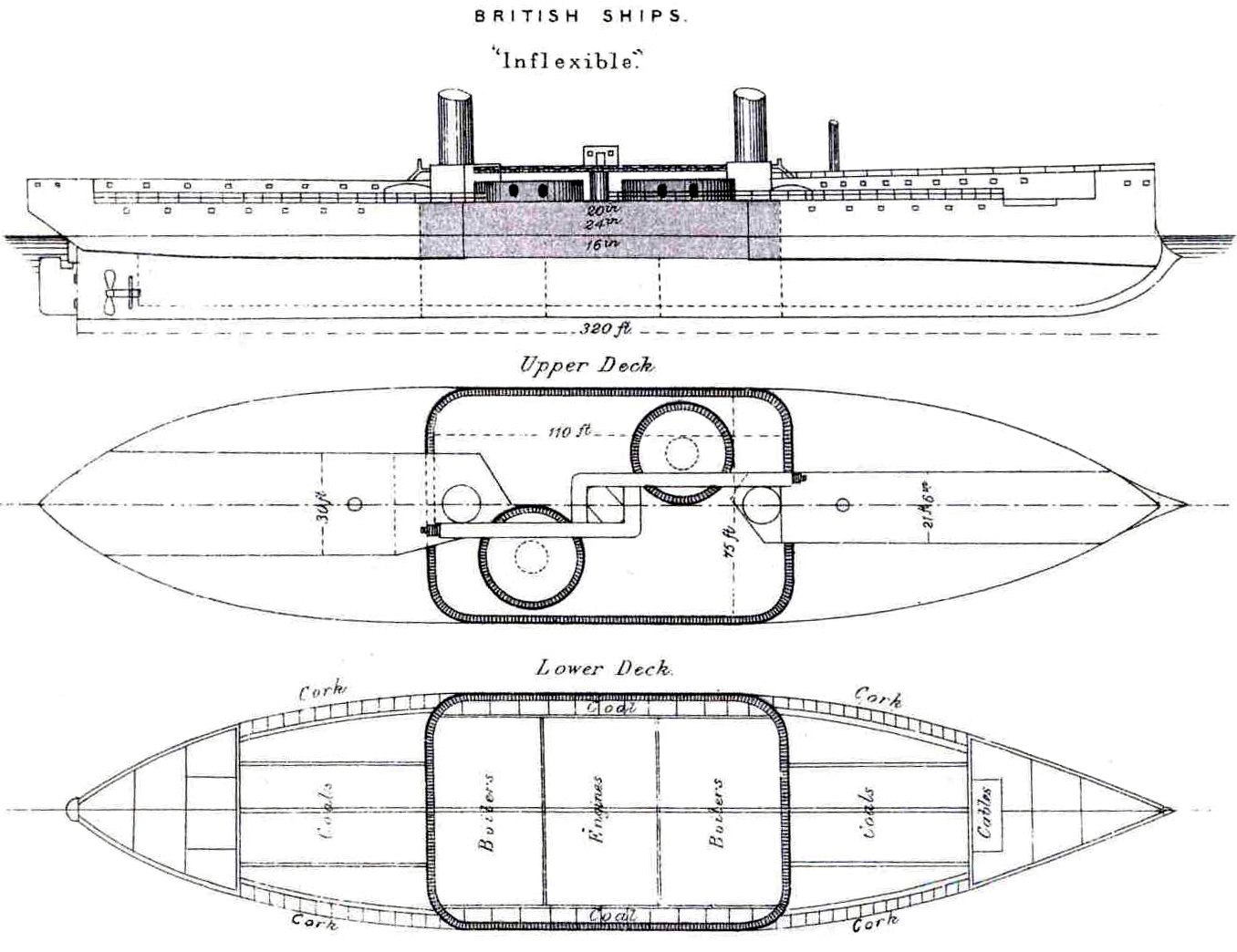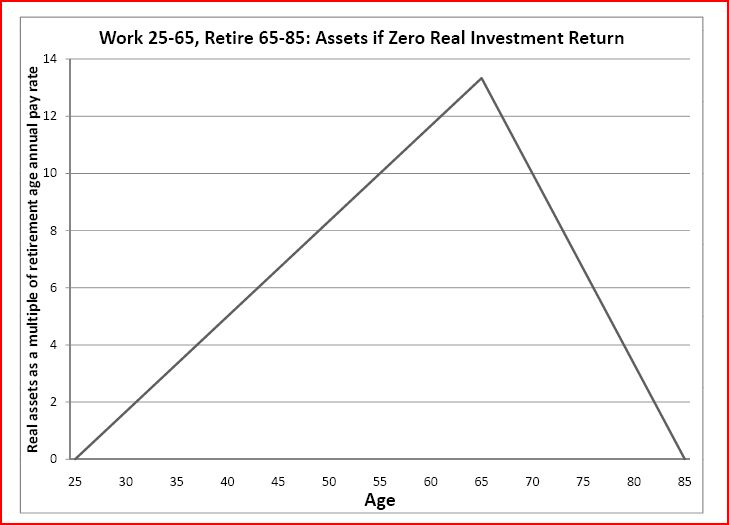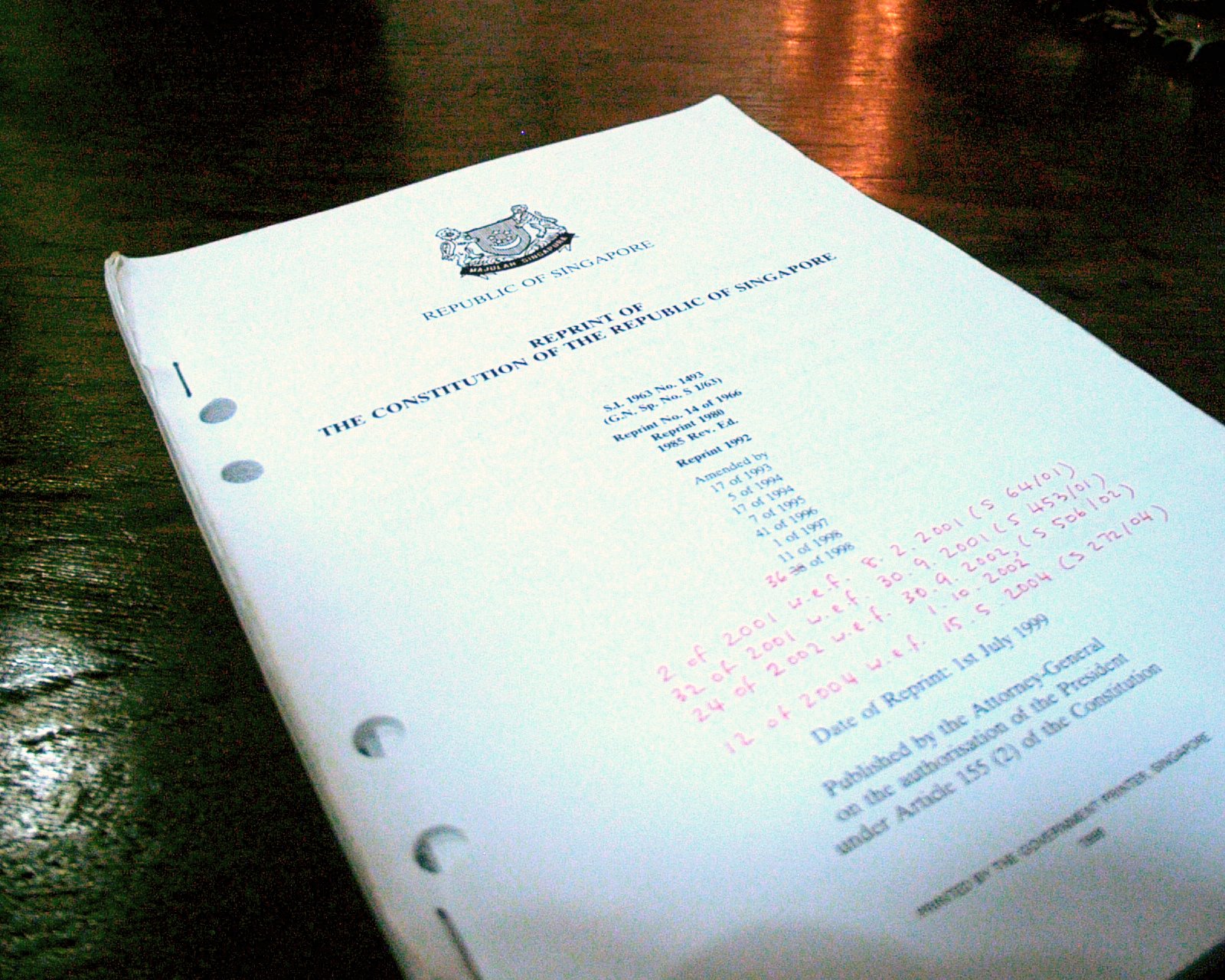|
Sir George Rendel
Sir George William Rendel (23 February 1889 – 6 May 1979) was a British diplomat.Eid Al Yahya, ''Travellers in Arabia'', (Stacey International, 2006). Early years Rendel, the son of the engineer George Wightwick Rendel was educated at Downside School and at Queen's College, Oxford, graduating in Modern History in 1911. Diplomatic career Rendel entered the Diplomatic Service and was the head of the Eastern Department of the Foreign Office from 1930 to 1938. In 1922 he produced a seven-page British Foreign Office document which detailed the persecution of Greeks and other minorities in the Ottoman Empire. The document drew on official reports and eyewitness testimonies by personnel who were present. Rendel stated that throughout the First World War, "it is generally agreed that about 1,500,000 Armenians perished in circumstances of extreme barbarity, and that over 500,000 Greeks were deported, of whom comparatively few survived". He then went on to describe further massacres ... [...More Info...] [...Related Items...] OR: [Wikipedia] [Google] [Baidu] |
George Wightwick Rendel
George Wightwick Rendel (6 February 1833 – 9 October 1902) was an English engineer, and naval architect. He was closely associated with the Tyneside industrialist and armaments manufacturer, William George Armstrong. Family George was the third (of five) sons of the civil engineer James Meadows Rendel and his wife Catherine Harris. He was named after George Wightwick, a lifelong friend of his father. (requires login) He was educated at Harrow, but ran away in 1849. His siblings included Alexander Meadows Rendel, Hamilton Owen Rendel and the Liberal MP Stuart Rendel, 1st Baron Rendel. George Rendel married firstly on 13 December 1860 Harriet Simpson, daughter of Joseph Simpson, the British vice-consul at Kronstadt. They had five sons before her death in 1878. He met his second wife, Lucinia Pinelli, in Rome, while serving on a design committee of the Italian Ministry of Marine. They married in 1880 and had three sons (Silvio Rendel, Florian Rendel and George Rendel) and ... [...More Info...] [...Related Items...] OR: [Wikipedia] [Google] [Baidu] |
Sofia
Sofia ( ; bg, София, Sofiya, ) is the capital and largest city of Bulgaria. It is situated in the Sofia Valley at the foot of the Vitosha mountain in the western parts of the country. The city is built west of the Iskar river, and has many mineral springs, such as the Sofia Central Mineral Baths. It has a humid continental climate. Being in the centre of the Balkans, it is midway between the Black Sea and the Adriatic Sea, and closest to the Aegean Sea. Known as Serdica in Antiquity and Sredets in the Middle Ages, Sofia has been an area of human habitation since at least 7000 BC. The recorded history of the city begins with the attestation of the conquest of Serdica by the Roman Republic in 29 BC from the Celtic tribe Serdi. During the decline of the Roman Empire, the city was raided by Huns, Visigoths, Avars and Slavs. In 809, Serdica was incorporated into the Bulgarian Empire by Khan Krum and became known as Sredets. In 1018, the Byzantines ended Bulgarian rule ... [...More Info...] [...Related Items...] OR: [Wikipedia] [Google] [Baidu] |
1979 Deaths
Events January * January 1 ** United Nations Secretary-General Kurt Waldheim heralds the start of the ''International Year of the Child''. Many musicians donate to the ''Music for UNICEF Concert'' fund, among them ABBA, who write the song ''Chiquitita'' to commemorate the event. ** The United States and the People's Republic of China establish full Sino-American relations, diplomatic relations. ** Following a deal agreed during 1978, France, French carmaker Peugeot completes a takeover of American manufacturer Chrysler's Chrysler Europe, European operations, which are based in United Kingdom, Britain's former Rootes Group factories, as well as the former Simca factories in France. * January 7 – Cambodian–Vietnamese War: The People's Army of Vietnam and Vietnamese-backed Kampuchean United Front for National Salvation, Cambodian insurgents announce the fall of Phnom Penh, Cambodia, and the collapse of the Pol Pot regime. Pol Pot and the Khmer Rouge retreat west to an area ... [...More Info...] [...Related Items...] OR: [Wikipedia] [Google] [Baidu] |
1889 Births
Events January–March * January 1 ** The total solar eclipse of January 1, 1889 is seen over parts of California and Nevada. ** Paiute spiritual leader Wovoka experiences a vision, leading to the start of the Ghost Dance movement in the Dakotas. * January 4 – An Act to Regulate Appointments in the Marine Hospital Service of the United States is signed by President Grover Cleveland. It establishes a Commissioned Corps of officers, as a predecessor to the modern-day U.S. Public Health Service Commissioned Corps. * January 5 – Preston North End F.C. is declared the winner of the inaugural Football League in England. * January 8 – Herman Hollerith receives a patent for his electric tabulating machine in the United States. * January 15 – The Coca-Cola Company is originally incorporated as the Pemberton Medicine Company in Atlanta, Georgia. * January 22 – Columbia Phonograph is formed in Washington, D.C. * January 30 – Rudolf, Crown Prince of Austria and his ... [...More Info...] [...Related Items...] OR: [Wikipedia] [Google] [Baidu] |
Ralph Stevenson
Sir Ralph Clarmont Skrine Stevenson, GCMG, MLC, CP (16 May 1895 – 23 June 1977) was a British diplomat. He was the son of Surgeon-General, H.W. Stevenson and was educated at Wellington College and University College, Oxford. He married Helen Barbara Izabel Boreel on 27 October 1921 and they had one son and divorced in 1944. He had served in the Rifle Brigade during the First World War, becoming Captain in 1917. His diplomatic career began as 3rd Secretary to the Diplomatic Service in 1919; 2nd Secretary in 1921 and 1st Secretary in 1928. Moving through positions of acting Counselor (1937); Counselor (1938) he became Minister in 1941. During this period he served with the Foreign Office in missions at Copenhagen, Berlin, Sofia, The Hague, Cairo and Barcelona. In 1943, he was appointed Ambassador Extraordinary and Minister Plenipotentiary to His Majesty the King of Yugoslavia, a post he held until 1946. He was the British Ambassador to China from 1946 to 1950. Stevenson was ... [...More Info...] [...Related Items...] OR: [Wikipedia] [Google] [Baidu] |
Ronald Ian Campbell
Sir Ronald Ian Campbell (7 June 1890 – 22 April 1983) was a British diplomat. Campbell was the second son of Sir Guy Campbell, 3rd Baronet (see Campbell baronets), and Nina, daughter of Frederick Lehmann. He was educated at Eton and graduated from Magdalen College, Oxford, in 1912 with a Bachelor of Arts. In 1939, Campbell was appointed Envoy Extraordinary and Minister Plenipotentiary to the Kingdom of Yugoslavia, a post he held until 1941 when he became Envoy Extraordinary and Minister Plenipotentiary (deputy head of mission) at Washington, D.C., until 1944. He became Assistant Under-Secretary of State at the Foreign Office in 1945, and served as the United Kingdom's ambassador to Egypt from 1946 to 1950. He was invested as a Privy Counsellor The Privy Council (PC), officially His Majesty's Most Honourable Privy Council, is a privy council, formal body of advisers to the British monarchy, sovereign of the United Kingdom. Its membership mainly comprises Politics of t ... [...More Info...] [...Related Items...] OR: [Wikipedia] [Google] [Baidu] |
List Of Ambassadors From The United Kingdom To Bulgaria
The Ambassador of the United Kingdom to Bulgaria is the United Kingdom's foremost diplomatic representative in Bulgaria, and in charge of the UK's diplomatic mission in Sofia. Envoy Extraordinary and Minister Plenipotentiary to His Majesty the King of the Bulgarians *1903–1908: Sir George Buchanan *1909–1911: Mansfeldt Findlay *1911–1915: Sir Henry Bax-Ironside *1915–1920: ''No ambassador due to First World War'' *1920–1921: Sir Arthur Peel *1921–1928: Sir William Erskine *1928–1929: Rowland Sperling *1929–1933: Sydney Waterlow *1933–1936: Charles Bentinck *1936–1938: Maurice Peterson *1938–1941: George Rendel *1941–1946: ''No ambassador due to Second World War'' Envoy Extraordinary and Minister Plenipotentiary at Sofia *1947–1949: John Sterndale Bennett *1949–1951: Paul Mason *1951–1954: John Carvell *1954–1956: Geoffrey Furlonge *1956–1958: Richard Speaight *1958&ndas ... [...More Info...] [...Related Items...] OR: [Wikipedia] [Google] [Baidu] |
Maurice Peterson
Sir Maurice Drummond Peterson GCMG (10 March 1889 – 15 March 1952) was a British diplomat who was minister or ambassador to several countries. Career Maurice Drummond Peterson was the younger son of William Peterson (later Sir William Peterson, Principal of University College, Dundee and later McGill University). He was educated at Rugby School and Magdalen College, Oxford, where he gained a first class degree in modern history. He entered the Foreign Office in 1913 and served at Washington, Prague, Tokyo, Cairo and Madrid before being attached to the British delegation to the Washington Naval Conference between October 1921 and February 1922 as private secretary to Arthur Balfour. He was head of the Egyptian department in the Foreign Office 1931–1936 including four months in Cairo in 1934 as acting High Commissioner (during the absence of Sir Miles Lampson) when he was instrumental in resolving a political dispute in the Egyptian government which resulted in the resignation ... [...More Info...] [...Related Items...] OR: [Wikipedia] [Google] [Baidu] |
Retirement
Retirement is the withdrawal from one's position or occupation or from one's active working life. A person may also semi-retire by reducing work hours or workload. Many people choose to retire when they are elderly or incapable of doing their job due to health reasons. People may also retire when they are eligible for private or public pension benefits, although some are forced to retire when bodily conditions no longer allow the person to work any longer (by illness or accident) or as a result of legislation concerning their positions. In most countries, the idea of retirement is of recent origin, being introduced during the late-nineteenth and early-twentieth centuries. Previously, low life expectancy, lack of social security and the absence of pension arrangements meant that most workers continued to work until their death. Germany was the first country to introduce retirement benefits in 1889. Nowadays, most developed countries have systems to provide pensions on retirement ... [...More Info...] [...Related Items...] OR: [Wikipedia] [Google] [Baidu] |
United Nations
The United Nations (UN) is an intergovernmental organization whose stated purposes are to maintain international peace and international security, security, develop friendly relations among nations, achieve international cooperation, and be a centre for harmonizing the actions of nations. It is the world's largest and most familiar international organization. The UN is headquarters of the United Nations, headquartered on extraterritoriality, international territory in New York City, and has other main offices in United Nations Office at Geneva, Geneva, United Nations Office at Nairobi, Nairobi, United Nations Office at Vienna, Vienna, and Peace Palace, The Hague (home to the International Court of Justice). The UN was established after World War II with Dumbarton Oaks Conference, the aim of preventing future world wars, succeeding the League of Nations, which was characterized as ineffective. On 25 April 1945, 50 governments met in San Francisco for United Nations Conference ... [...More Info...] [...Related Items...] OR: [Wikipedia] [Google] [Baidu] |
Order In Council
An Order-in-Council is a type of legislation in many countries, especially the Commonwealth realms. In the United Kingdom this legislation is formally made in the name of the monarch by and with the advice and consent of the Privy Council ('' King-in-Council''), but in other countries the terminology may vary. The term should not be confused with Order of Council, which is made in the name of the Council without royal assent. Types, usage and terminology Two principal types of Order in Council exist: Orders in Council whereby the King-in-Council exercises the royal prerogative, and Orders in Council made in accordance with an Act of Parliament. In the United Kingdom, orders are formally made in the name of the monarch by the Privy Council ('' King-in-Council or Queen-in-Council''). In Canada, federal Orders in Council are made in the name of the Governor General by the King's Privy Council for Canada; provincial Orders-in-Council are of the Lieutenant-Governor-in-Council by the ... [...More Info...] [...Related Items...] OR: [Wikipedia] [Google] [Baidu] |
Constitution Of Singapore
The Constitution of the Republic of Singapore is the supreme law of Singapore. A written constitution, the text which took effect on 9 August 1965 is derived from the Constitution of the State of Singapore 1963, provisions of the Federal Constitution of Malaysia made applicable to Singapore by the , and the Republic of Singapore Independence Act itself. The text of the Constitution is one of the legally binding sources of constitutional law in Singapore, the others being judicial interpretations of the Constitution, and certain other statutes. Non-binding sources are influences on constitutional law such as soft law, constitutional conventions, and public international law. In the exercise of its original jurisdiction – that is, its power to hear cases for the first time – the High Court carries out two types of judicial review: judicial review of legislation, and judicial review of administrative acts. Although in a 1980 case the Privy Council held that the fundamenta ... [...More Info...] [...Related Items...] OR: [Wikipedia] [Google] [Baidu] |


_(cropped_v2).jpg)



